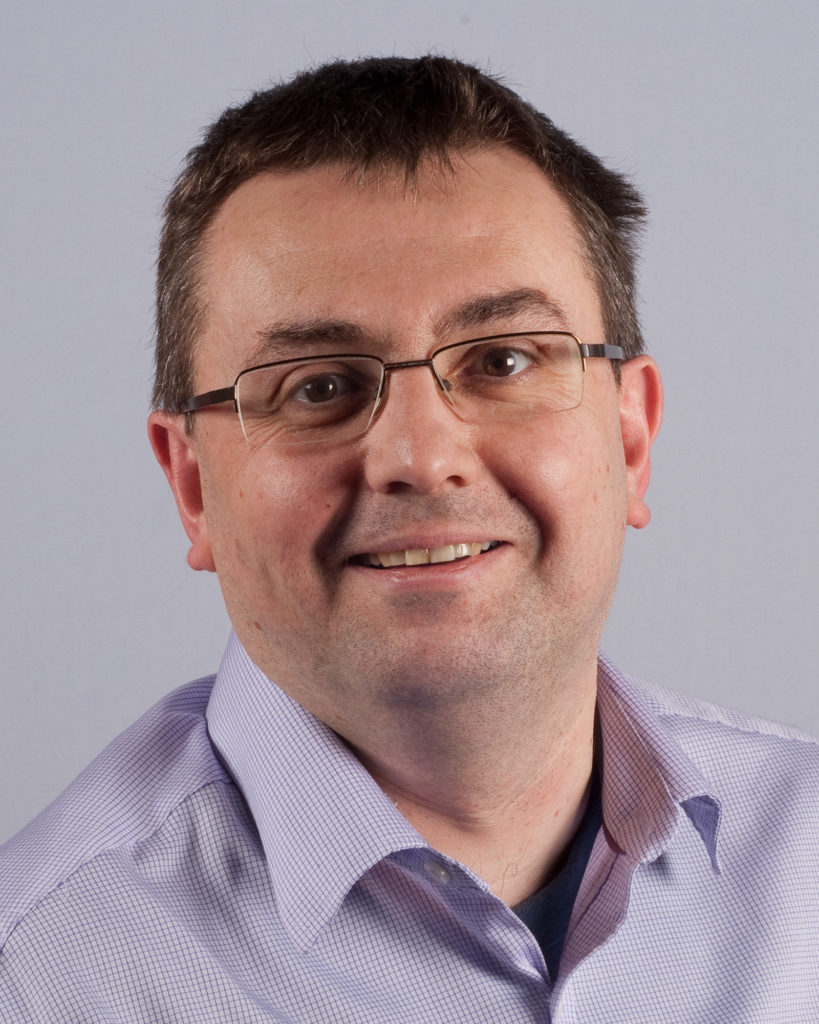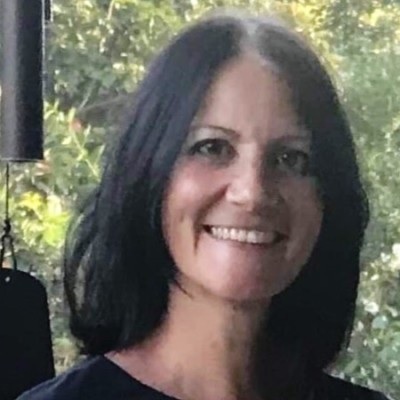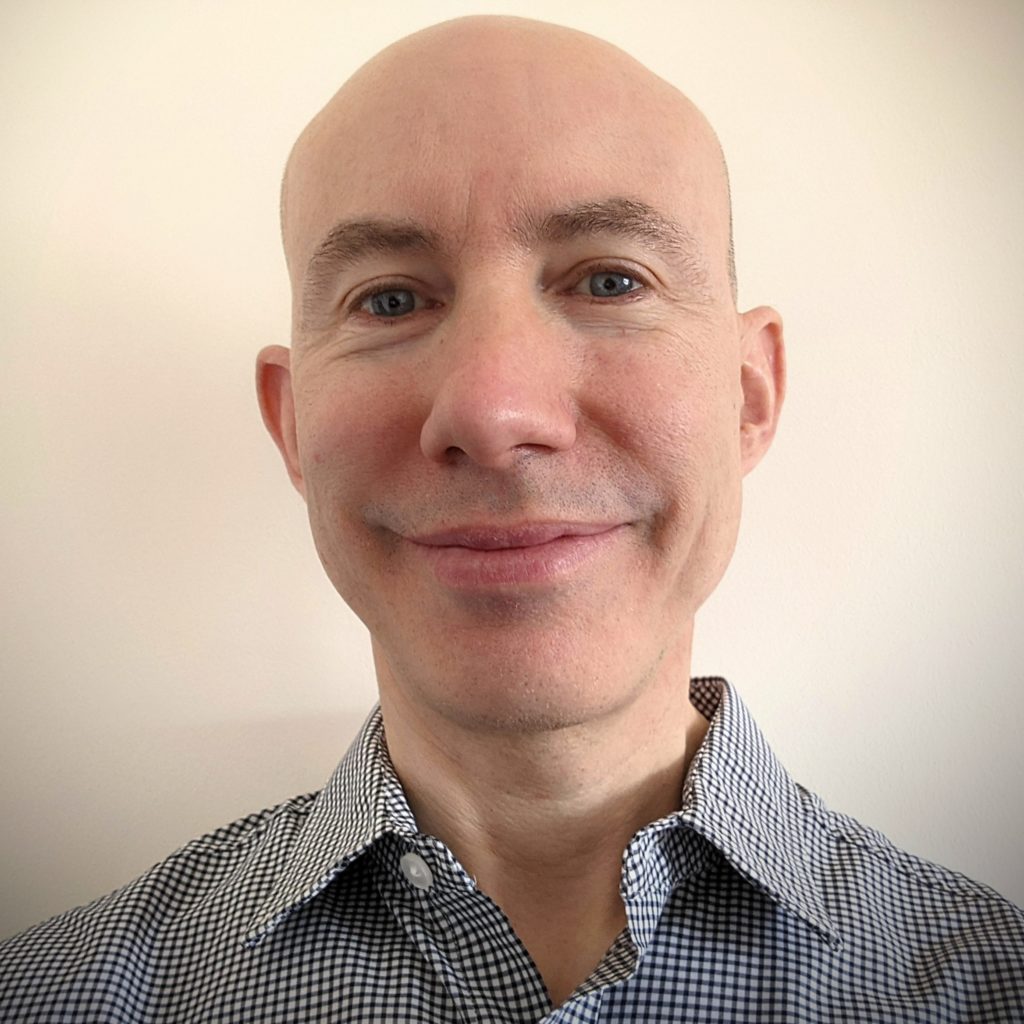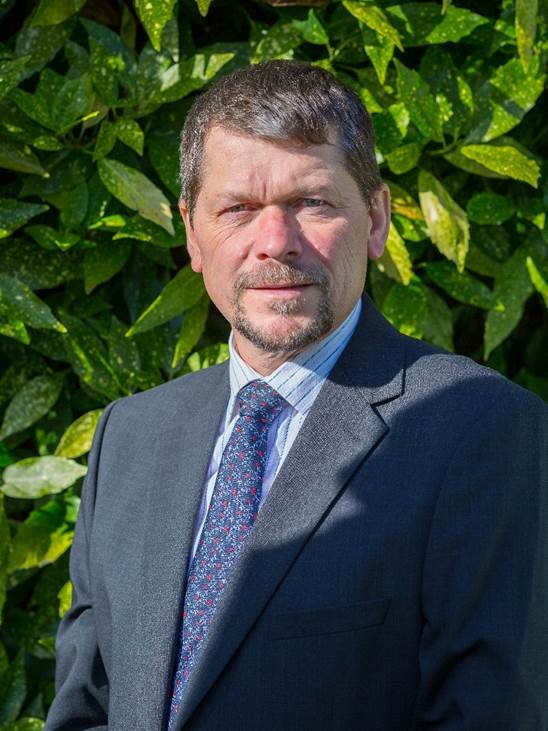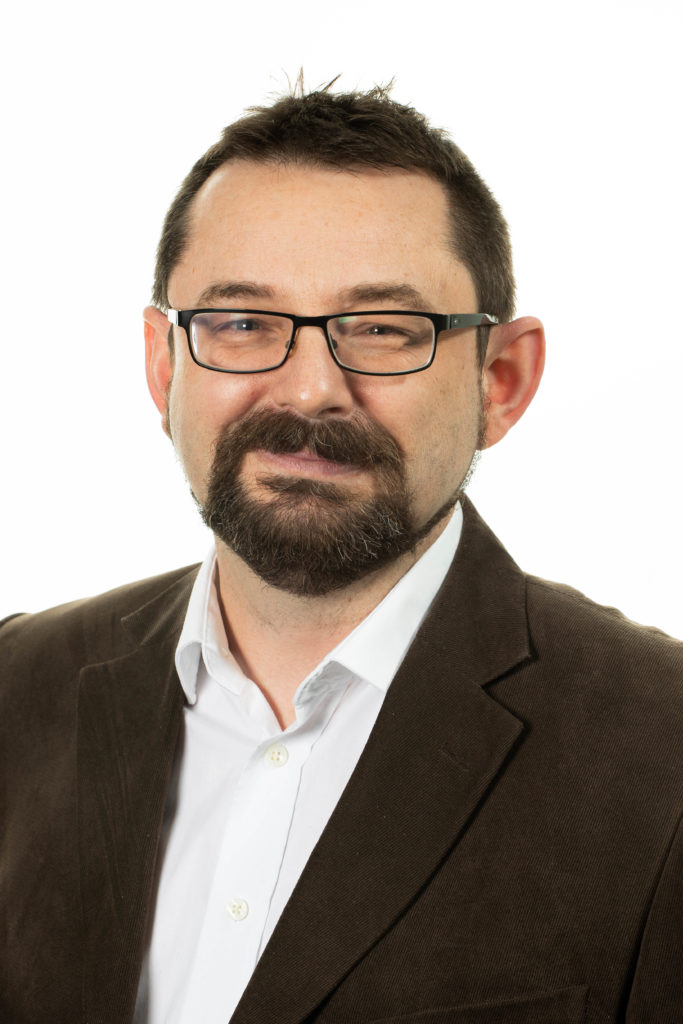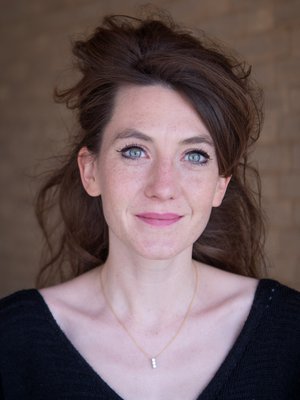Juggling the emerging contaminant timebomb – understanding the risks.
Program
View conference program here
Tickets
Purchase tickets here.
Please note, tickets must be purchased by 14 June.
| Standard | £40 |
| Employees of public sector organisations * | £20 |
| Students * | £20 |
Update 06/05/21: Please note that all reduced price tickets have now been taken.

Our speakers
Ian Martin (Environment Agency)
An overview of current Environment Agency research into emerging contaminants
Ian is a senior scientist in the Chief Scientist’s Group at the Environment Agency, undertaking research on the health and environmental impacts of soil contamination, providing specialist advice to support our regulatory activities, and working with academics to develop the underpinning evidence. He began work on the assessment and remediation of contaminated sites in the early 1990s, joining the Environment Agency in 1997, and led the CLEA Research Programme for 10 years. More recently he has focused on emerging contaminants in materials applied to land such as biosolids, which include the effect on soil and health of persistent pollutants (such as PFAS), microplastics, and the role of clinical and agricultural antimicrobials in AMR.
Sarah Bull (Cambridge Environmental Assessment)
Toxicology of selected emerging contaminants, perspectives from other countries
Dr Sarah Bull is European Registered Toxicologist and has worked advising about risk to health from contaminants in soil and water for over 15 years. She previously worked at the Department of Health and Public health England before moving into consultancy. She now works part time for RSK and part time as an independent consultant, providing toxicology and human health risk assessment advice to a variety of stakeholders, including governmental committees on toxicity, mutagenicity and carcinogenicity via PHE, Drinking Water Inspectorate, Environment Agency, DG Environment as well as various industrial clients. She was initially involved in deriving SGVs and was part of the team, commissioned by Defra, to develop the framework for determining category 4 screening levels and along with Camilla Alexander-White, determined the low level of toxicological concern values for the first 6 contaminants. She is currently participating in the project to derive C4SL for the next 20 contaminants.
Mark Craig (UK Water Industry Research and Severn Trent Water)
Hazardous substances in sewage and biosolids – latest findings and further research
Mark has worked for Severn Trent Water for 30 years, joining shortly after completing a Microbiology and Microbial Technology degree at Warwick University. For the last 10 years he has been primarily involved with development of long term wastewater strategies, with particular focus on how we deliver the environmental enhancements needed to deliver good ecological status in the UK’s rivers. Mark has been Severn Trent Water’s representative on the UKWIR Chemical Investigations Programme for the better part of 10 years. He’s also been on the steering groups for a number of other UKWIR projects covering subjects such as PFAS, anti-microbial resistance, and pharmaceuticals in sewage.
Ian Ross (Tetratech)
PFAS –emerging issues in risk assessment, an international and UK perspective
Ian Ross, Ph.D., is a Technical Director and Global PFAS Practice Lead at Tetra Tech. Ian is a biochemist by training and works for Tetra Tech as a technical expert for assessment of contaminated land sites and PFAS decontamination using experience of surfactant behavior gained from projects staring in 1987. He has focused solely on PFAS management for the last 7 years after first evaluating solutions to manage PFOS in 2005. He has experience with PFAS fate and transport, development of conceptual site models and use of multiple physical, chemical and biological treatment technologies. He has extensive experience of applied research and consultancy work on contaminated land projects and has commercialized innovative remedial technologies resulting in winning several national and international awards. Ian was part of the team authoring the CONCAWE PFAS guidance document and has published many articles, academic publications and book chapters on PFAS analysis, site investigation and remediation, including a recent book entitled “Emerging Contaminants Handbook.
Tim Besien (Environment Agency)
Micro-organic substances in groundwater: sampling, analysis, occurrence and risk ranking
Tim is a Hydrogeologist in the Head Office Groundwater Team in the Environment Agency. For the last 25+ years he has worked on a wide range of groundwater quality issues from monitoring to river basin planning to pollution incidents. He is the chair of the GB Chapter of the International Association of Hydrogeologists and until the UK left the European Union he was co-chair the EU Water Framework Directive Working Group on Groundwater.
Mark Mulcahy (Stantec)
The real-life issues of sampling for emerging contaminants
Mark is a Principal Consultant for Stantec in the UK and leads on a diverse portfolio of projects and has worked in both the public and private sectors. International experience has been gained in France, Switzerland, Poland, Spain, Germany, Hungary, Greece, Norway, Nigeria, Chile, UAE, and Oman and has included diverse range of projects for major blue chip organisations such as Nestle, Coca-Cola, PepsiCo, and a host private food and drink manufacturers and other industrial and commercial sector clients. He also has direct water industry experience having worked for Yorkshire Water, C2C (subsidiary of Severn Trent Water) and Anglian water. He is currently working as a consultant on a diverse range of projects across a number of water company frameworks. In recent years he has been working with Water Companies and the Environment Agency on the identification of emerging contaminants in groundwater as potential indicators of sewerage and anthopogenic contamination.
Steve Fox (IPB communications)
Communicating risk: communications strategy and delivery
Steve has extensive hands-on experience of engaging with local communities and stakeholders on issues ranging from political devolution and renewable energy to major infrastructure projects and planning applications. Steve started his career in local authority housing regeneration, before moving to the private sector. He helped establish IPB in 2002 to work with clients who have a positive social impact on everyday lives through their work on infrastructure, in our society and for our environment. Career highlights include consulting over one million local authority tenants on changes to the ownership and management of their homes, supporting RWE Innogy Npower with the development and implementation of a national Community Engagement Charter and successfully leading over 100 projects for National Grid, including site investigations and remediations on former gasworks sites.
Sarah Dryhurst (Winton Centre for Risk & Evidence Communication, Cambridge University)
Communicating low probability events
Sarah Dryhurst received her PhD in Ecology from Imperial College London in 2014. After working for several years in Open Access publishing, Sarah moved back into research with a redirected focus on psychology, receiving an MSc in Psychology from University of East London in 2018. Her current research forms part of the EU RISE project, and focuses on developing and evaluating tools to communicate seismic risk to a variety of public and policy-making audiences. She also researches how people understand and respond to uncertainty about evidence, and the efficacy of common forms of risk communication such as risk matrices. She uses both quantitative and qualitative approaches in her research. Sarah also has an interest in understanding public perceptions of climate change and in how misinformation may influence how people think about climate change and other societal problems.

